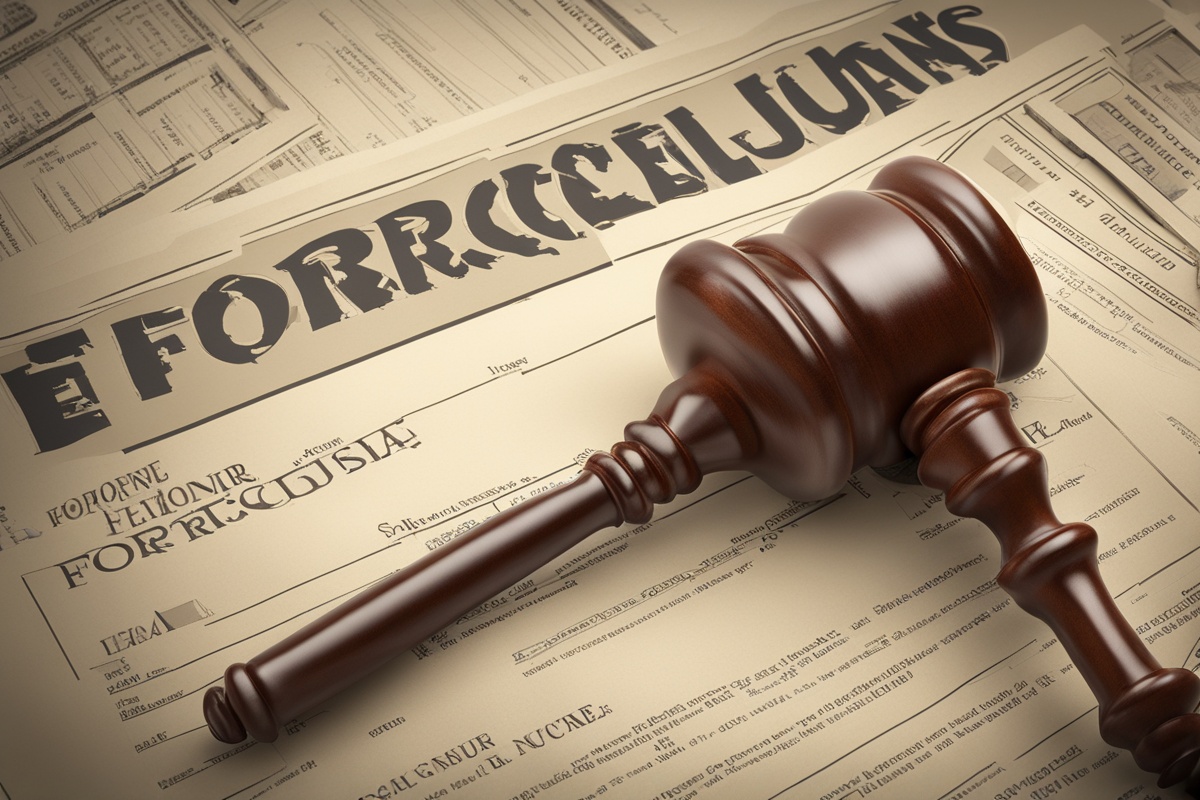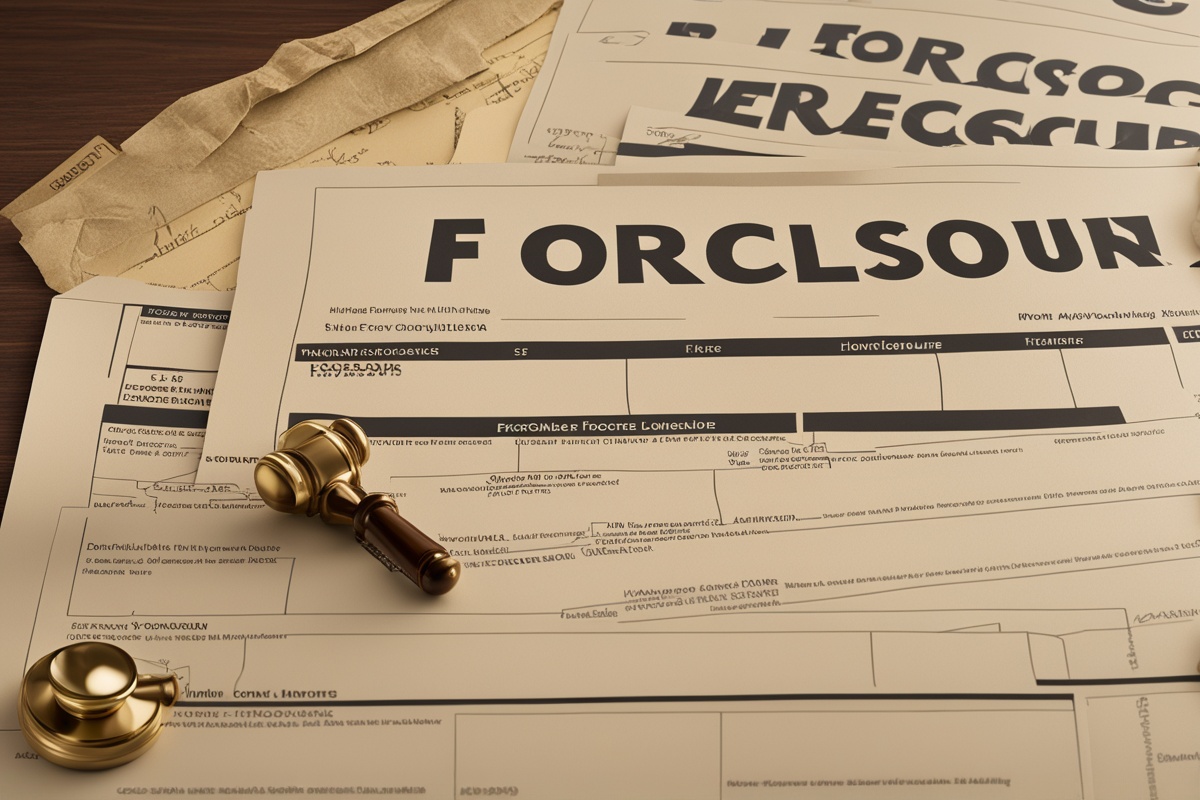Understanding the latest regulations surrounding property loss is crucial for homeowners and investors alike. The Texas foreclosure laws update 2025 brings significant changes and considerations for those navigating the real estate landscape in the Lone Star State. This post dives into the specifics of these updates, offering clarity on what they mean for residents and how they compare to other regions. Whether you’re a homeowner at risk or an investor seeking opportunities, staying informed is key. Explore more at How State-Specific Foreclosure Laws Impact Real Estate Deals and Understanding California Foreclosure Process Explained.
About State-Specific Laws
Foreclosure regulations vary widely across the United States, and each state has its own set of rules governing how lenders can reclaim properties when borrowers default on loans. In Texas, the legal framework is designed to balance the rights of homeowners with the interests of lenders. These laws dictate timelines, notice requirements, and potential defenses available to borrowers. Understanding these state-specific nuances is essential for anyone involved in real estate, as they directly impact the foreclosure process and outcomes. For instance, Texas operates under a non-judicial foreclosure system, meaning lenders can often bypass court proceedings, which speeds up the process compared to other states.
Keeping up with updates to these regulations ensures compliance and helps individuals protect their assets. Resources like How Foreclosure Rules Differ By State: Key Basics Unveiled provide valuable comparisons that highlight Texas’s unique approach. Whether you’re dealing with property in Texas or elsewhere, knowing the local legal landscape is a critical first step in managing risks associated with default.
Details on Texas Foreclosure Laws Update 2025
The Texas foreclosure laws update 2025 introduces several changes aimed at enhancing transparency and providing additional protections for homeowners. While specific legislative details are still unfolding, early indications suggest a focus on extending notice periods before a foreclosure sale can occur. This gives borrowers more time to negotiate with lenders or seek alternative solutions like loan modifications. Additionally, there may be stricter requirements for lenders to document communication attempts with borrowers, ensuring that homeowners are fully aware of their options before losing their property.
Another anticipated change involves the potential for increased mediation opportunities, allowing for third-party intervention to facilitate agreements between parties. These updates reflect a broader trend of prioritizing homeowner rights while maintaining an efficient process for lenders. For those in Texas, staying ahead of these changes is crucial to avoid surprises during a foreclosure proceeding. This update could also influence how investors approach distressed properties, as longer timelines may affect profitability.
Questions About Foreclosure Processes
What does the Texas foreclosure laws update 2025 mean for homeowners facing financial hardship? This is a common concern among Texans as new regulations come into play. The updates are expected to provide more breathing room for those at risk of losing their homes, potentially allowing for better outcomes through extended negotiation periods. Another frequent question is how these changes compare to other states, such as California, where judicial foreclosure processes often result in longer timelines.
For clarity on broader foreclosure concepts, many turn to resources covering foreclosure basics. Understanding the fundamental steps—such as receiving a notice of default, the opportunity for reinstatement, and the final auction—helps demystify the process. In Texas, the non-judicial approach means fewer court delays, but the 2025 updates could shift some of these dynamics. Homeowners should proactively seek legal advice to navigate these evolving rules and explore all available options to protect their property.
Exploring Texas Foreclosure Laws Update 2025
Delving deeper into the Texas foreclosure laws update 2025, it’s important to consider specific impacts on both borrowers and lenders. One key area of focus is the potential revision of redemption periods—the time after a foreclosure sale during which a homeowner might reclaim their property. While Texas currently has no statutory redemption period post-sale, there’s speculation that 2025 updates might introduce limited rights under certain conditions, such as fraud or procedural errors by the lender.
Imagine discovering that a small paperwork error by your lender could give you a second chance to save your home. Such scenarios highlight why staying informed about these updates is vital. Here are some anticipated aspects of the 2025 changes:
- Extended notice periods before foreclosure sales, potentially increasing from 21 to 30 days.
- Mandatory mediation sessions for first-time defaulters to explore alternatives.
- Stricter penalties for lenders failing to comply with notification rules.
- Possible introduction of limited post-sale redemption rights under specific circumstances.
- Enhanced reporting requirements for lenders to state authorities to track foreclosure trends.
These points underscore the importance of vigilance as the new rules roll out.
Insights for Property Loss Prevention
Preventing foreclosure is often the primary goal for homeowners facing financial difficulties, and understanding the latest regulations can make a significant difference. In Texas, the upcoming 2025 updates are likely to offer more tools for borrowers to avoid losing their homes. For example, longer notice periods mean more time to seek assistance from housing counselors or apply for government programs designed to help with mortgage payments. Additionally, knowing your rights under the updated laws can empower you to negotiate better terms with your lender.
Here are a few actionable steps to consider in light of evolving foreclosure rules:
- Contact your lender immediately upon missing a payment to discuss forbearance options.
- Consult with a legal expert familiar with Texas property laws for tailored advice.
- Explore state and federal assistance programs that may cover missed payments.
- Document all communications with your lender to ensure compliance with new transparency rules.
By taking proactive measures, homeowners can leverage the changing legal landscape to their advantage. For more insights, check out How State-Specific Foreclosure Laws Impact Real Estate Deals.
Comparing Regional Foreclosure Approaches
While Texas has a streamlined, non-judicial foreclosure process, other states like California operate under different frameworks that can significantly affect outcomes. In regions with judicial foreclosure systems, court oversight adds layers of complexity and time, often benefiting borrowers who need delays to reorganize their finances. Comparing these approaches to Texas’s system reveals why staying updated on local laws is essential for anyone involved in real estate, whether as a homeowner or investor.
The differences also highlight how foreclosure impacts vary by location. For instance, California’s process might offer more legal protections, but it can also prolong uncertainty for lenders. In contrast, Texas prioritizes efficiency, though the 2025 updates may introduce new safeguards for borrowers. Exploring these regional variations through resources like those on our site can provide a broader perspective on managing property risks across state lines.





